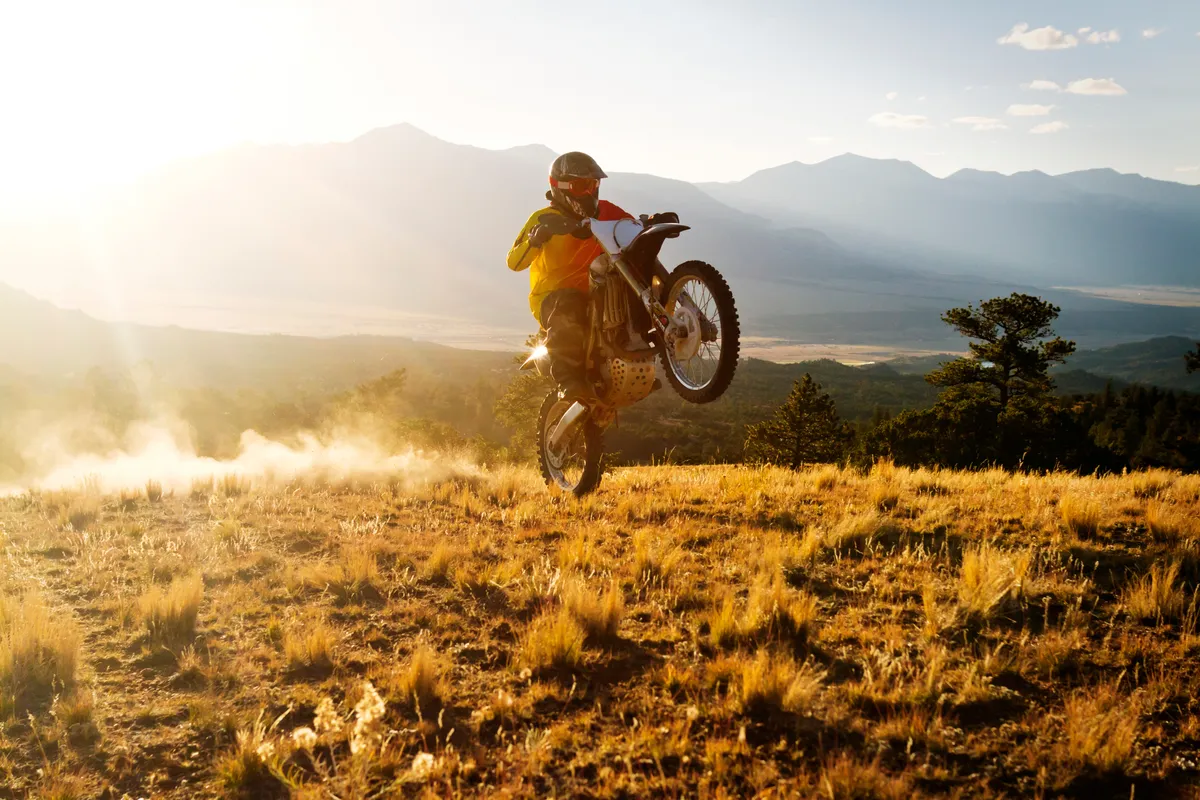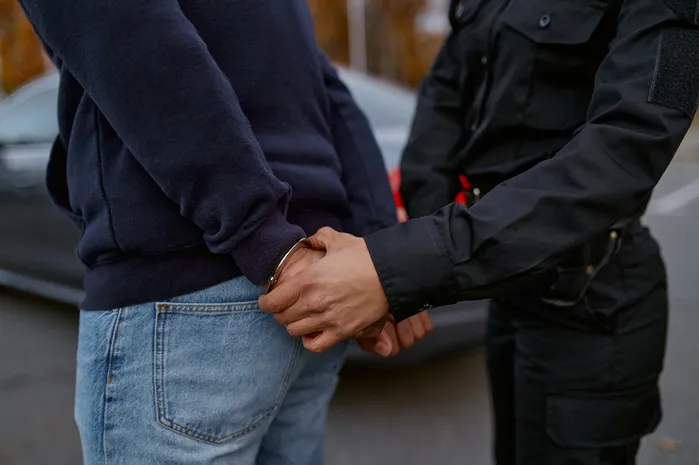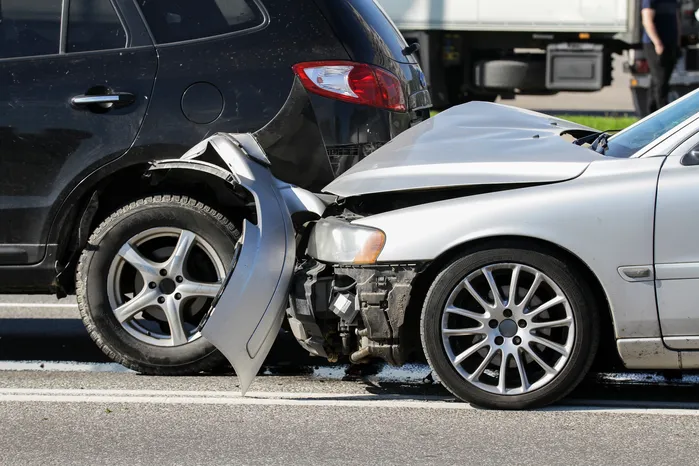3 min read time
Table of Contents

Dirt bikes are considered off-highway vehicles (OHVs) and cannot be ridden on Nevada public roads.
This is because dirt bikes do not meet the safety equipment requirements that standard car drivers meet to ride on the road.
Exceptions for Dirt Bikes and OHVs on Public Roads
Nevada law does outline exceptions for operating a dirt bike and other OHVs on public roads.
These exceptions are:
- Crossing Public Lands: NRS 490.100 allows OHVs to cross public streets; however, the driver must do so at a 90-degree angle while yielding to incoming traffic.
- Short Trips: Under NRS 490.090, OHVs can travel no more than 2 miles on public land in rural areas.
If you were in a dirt bike accident while legally crossing the road under the state law exceptions, contact one of our Las Vegas personal injury attorneys at (702) 566-3600 to learn how we can help you.
How Can I Make a Dirt Bike Street Legal
Under Nevada Revised Statutes (NRS) 490.060, dirt bikes and other off-highway motor vehicles can be modified to become street legal.
To have a public street-legal dirt bike or other off-highway motor vehicle, it must have the following:
- Headlights
- Tail lights
- Brake lights
- Turn signals
- Horn
- Rearview mirrors
- Street appropriate tires
In addition to having those add-ons and safety features, you must register with the DMV and obtain a license plate for your dirt bike if you intend to make it street-legal under NRS 490.082.
What Are Off-Highway Vehicles (OHVs)?
An Off-Highway Vehicle (OHV), as outlined under NRS 490.060, is a motorized vehicle designed primarily for off-road use and not on paved surfaces such as road areas.
Common types of OHVs include:
- Dirt Bikes: Wheeled motorcycles that are designed for off-roading.
- All-Terrain Vehicles (ATVs): Four-wheeled vehicles that are built to be ridden on uneven surfaces.
- Dune Buggies: Vehicles specifically designed for riding on sand dunes and beaches.
- Side-by-Sides (SxS): Typically known as utility task vehicles, UTVs are larger than the average all-terrain vehicle and provide more functions.
Where Can I Ride My Dirt Bike Legally
Riding a dirt bike can be an enjoyable experience when done for recreational purposes; however, you must understand where you can legally ride in order to avoid civil or criminal charges.
Designate Off-Road Trails
Designated riding areas such as the Nellis Dunes, Jean Dry Lake Bed, and Spring Mountain National Recreation Area are legal and suitable areas for you to ride your dirt bike.
Private Property & OHV Events
You can legally ride your dirt bike if you are participating in an organized dirt bike event or riding on private land; however, it's important that you do not enter a public street.
Do You Need a License to Drive a Dirt Bike
A driver's or motorcycle license is not required if you intend to ride your dirt bike exclusively on off-road trails or designated OHV areas.
In addition, there is no mandated minimum age requirement; however, there are age restrictions outlined in NRS 490.130 that require dirt bike riders under 18 to wear a helmet while riding.
Talk to a Las Vegas Dirt Bike Accident Lawyer
If you or a loved one was injured in a Las Vegas dirt bike accident, contact an experienced lawyer from The Rodney Okano Car Accident Lawyer Law Firm.
With over 20+ years of legal experience, our Personal Injury Lawyer, Rodney Okano, understands how to fight for your rights and navigate the legal system in order to get maximum compensation for your injuries and damages.
Start your personal injury claim today by calling (702) 566-3600.
Obtain the Compensation You're Entitled To
Contact Us Today
Rodney Okano Car Accident Lawyer is a Las Vegas personal injury law firm with over 20 years of experience helping clients obtain maximum compensation following injuries from accidents such as car crashes, worksite injuries, and slips and falls. Over those years, The Rodney Okano Car Accident Lawyer Law Firm has become an experienced law firm that can ensure exceptional results for any of its clients.





